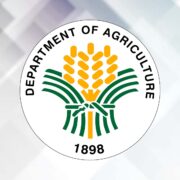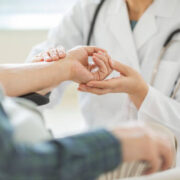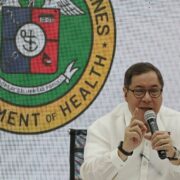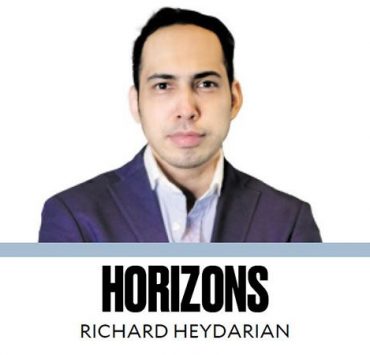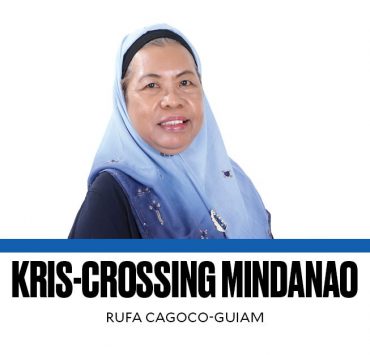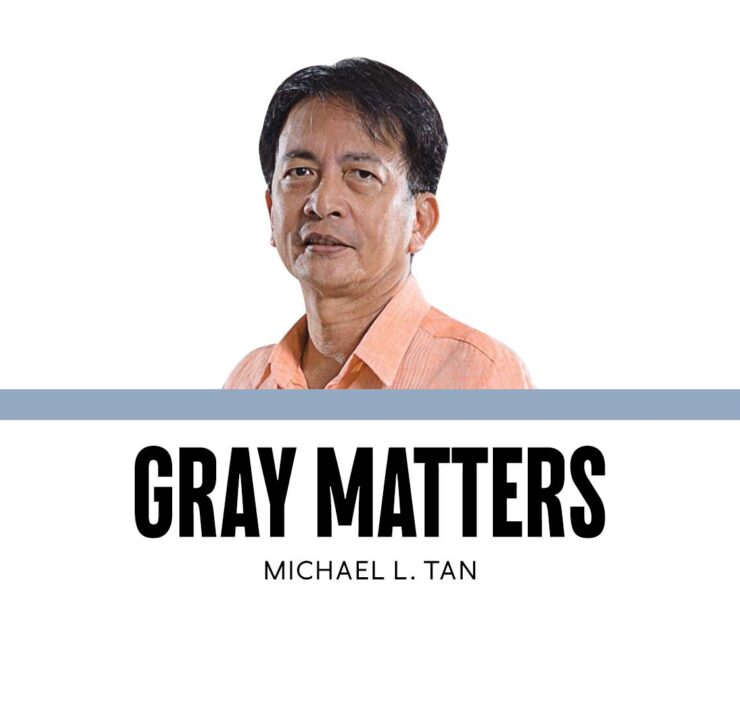Hello 2025, bye alcohol
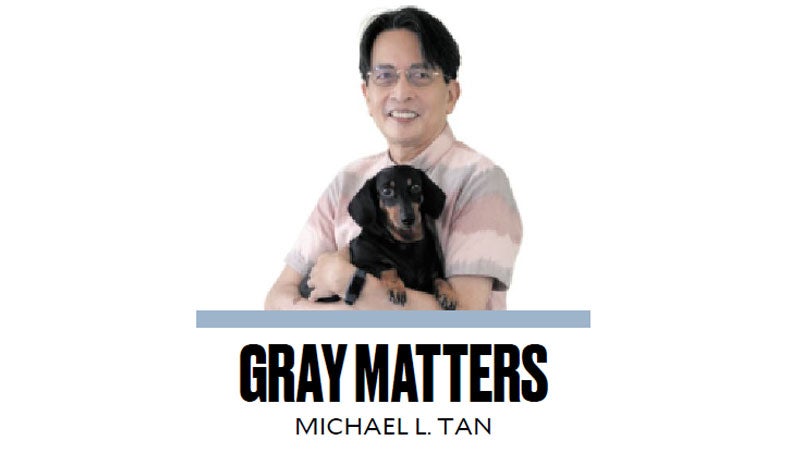
It’s the last day of the year, and many families and close friends are getting together for New Year’s Eve with lots of food, good cheer, and alcohol.
Being in public health, I felt it’s time, starting maybe with the reunion, to think of saying hi to 2025 while considering a phase out, if not total withdrawal, of alcohol from our lives. Let me say here, I speak as someone who loved drinking sessions. I’ve cut down through the years, especially after semi-retirement from the University of the Philippines (smile), and I don’t really miss the alcohol.
After reviewing numerous studies, we reached a global turning point in 2022 when the World Health Organization (WHO) summarized their findings in this curt statement: “No level of alcohol consumption is safe for our health.” WHO says the risks “start with the first drop,” which is then aggravated by heavier drinking.
That was one of the boldest statements ever made by WHO, taking on a health risk that is actually widely accepted, even loved, in many cultures.
WHO emphasizes that it is alcohol that causes harm, not the beverage. Alcohol is ethanol, which gets you high but was classified as a Group 1 carcinogen decades ago, placing it in the league of asbestos, radiation, and tobacco in terms of health risks.
Alcohol causes at least seven types of cancer, including the most common ones: female breast cancer and bowel cancer.
Yes, there has been research indicating light and moderate drinking reduced risks of cardiovascular diseases and type 2 diabetes but WHO’s review found that these benefits, in the long run, outweighed the cancer risks.
Alcohol also increases risks for heart diseases, liver diseases (which are among the leading causes of death in the country), and so-called accidents. The risks for falls (which can be fatal for the elderly), burns, and drowning increase when our coordination, balance, and better judgment are impaired by alcohol. The deadliest risks are for road crashes and I am certain that in many, if not the majority of the deaths in the Philippines, alcohol was involved. Note, too, worldwide, the drunk driver often survives the crash but not the victim of the driver.
Many people are also unaware of the risks of drinking during pregnancy, alcohol increases the chances of miscarriages, premature births, and stillbirths. There is also a risk of fetal alcohol syndrome, where the mother’s alcohol consumption increases the risks for developmental disabilities, physical, mental, and emotional, extending into childhood and adulthood.
Also not discussed enough in the Philippines is mental health. Alcoholism aggravates risks for depression, anxiety, and gender-based violence. Men are more prone to getting drunk and then perpetuating sexual assaults and intimate partner violence. When wives or partners try to get their men to stop or reduce drinking, they risk getting beaten up, especially if the woman’s admonition is made in public, at a party, or during a drinking session, because macho pride has been hurt.
We all know, too, of the problems of alcoholics with performance at work and school deteriorating, which in turn contributes to depression and anxiety disorders especially if they lose their jobs.
There is a genetic component to alcohol dependency and I am always impressed with people who are open in explaining, when invited to drink, that he or she comes from a family with alcohol dependency and does not want to take the risk of burdening the family with another alcoholic.
There is a growing trend, in the United States especially, to have a Dry January, using the first month of the year to try out abstinence from alcohol which can be extended for the rest of the year or at least lead to reduced consumption.
It’s fairly simple compared with withdrawing from tobacco use but needs motivation. Think of the benefits of starting with no more hangovers and all the mess, cutting down on “accidents” and just feeling much better.
Tonight, let’s respect the wishes of those who decline alcohol. And if you want to decline because you know of your vulnerability—pregnant women, women with a family history of breast cancer, senior citizens, do speak up: “I want to live longer, and better.”
We can toast with or without alcohol, but remember the price of the alcoholic drinks includes a sin tax, to pay for the health care costs of those with alcohol-related conditions.
Here’s to better times in 2025, 2026, and many more years ahead!
Sign up for a free e-newsletter from National Public Radio with suggestions for a Dry January, including recipes for mocktails (alcohol-free cocktails) and resisting social pressure. Google for “NPR” and “Dry January” to get a link.
—————-
mtan@inquirer.com.ph


